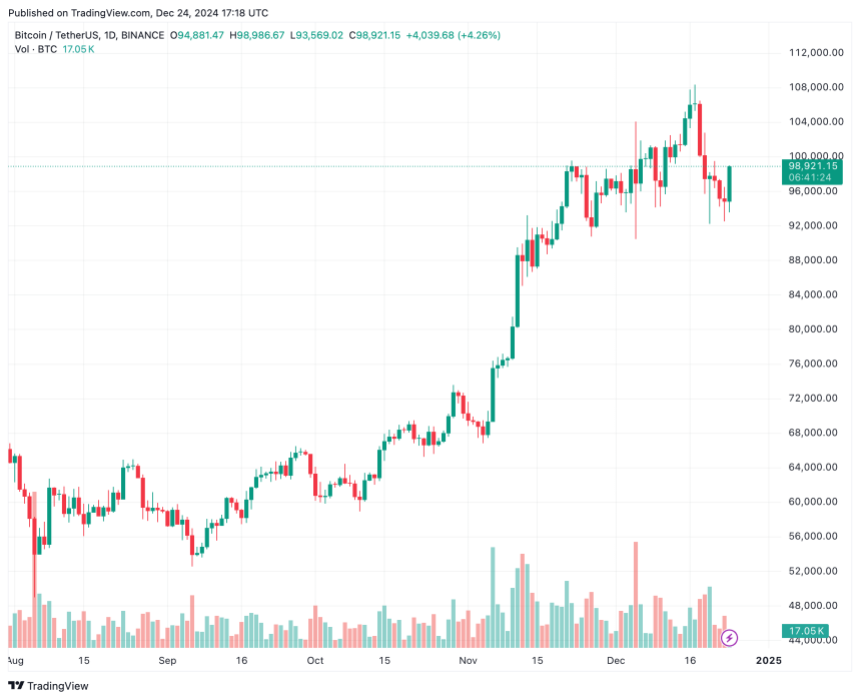This article is available in Spanish.
According to one report Published today by blockchain security firm Hacken, decentralized finance (DeFi) protocols witnessed a sharp decline in exploits in 2024, while centralized finance (CeFi) platforms more than doubled their losses from security breaches.
DeFi platforms demonstrate better security mechanisms
In its annual ‘Web3 Security Report’, Hacken outlined the general trends in the cryptocurrency industry regarding scams and security infrastructure. The report notes that total losses due to security failures reached $2.91 billion in 2024.
Related reading
DeFi protocols were responsible for $474 million in losses this year, a 40% decline from $787 million in 2023. This sharp decline reflects the growing adoption of advanced security techniques, such as zero-knowledge cryptography and multi-party computation, in DeFi ecosystem.
A major factor that contributed to the reduction in DeFi exploits was the sharp decline in the number of cross-chain bridge hacks. Losses from these attacks have continued to decline, from $1.89 billion in 2022 to $338 million in 2023 and finally to $114 million in 2024.
In contrast, CeFi platforms, which include cryptocurrency exchanges, reported $694 million in losses in 2024, more than double the $339 million recorded in 2023. CeFi was responsible for almost a third of all crypto-related incidents, highlighting persistent vulnerabilities in centralized systems.
Gaming and metaverse projects were another major target in 2024, responsible for almost 20% of all crypto-related hacks, with a loss of $389 million. The biggest gaming/metaverse breach of the year was the PlayDapp exploit in Q1 2024, which resulted in a $290 million loss.
Phishing fraud also remained a major problem, causing more than $600 million in losses this year. These scams highlight increasingly sophisticated social engineering tactics in the Web3 space.
In November, the industry suffered a $129 million address poisoning attack. For context, address poisoning phishing involves attackers sending small transactions from an address that is very similar to the one the victim interacted with, accidentally sending money to the fraudulent address in future transactions.
Memecoins and Rugpulls continue to attack users
While memecoins were all the anger for most of 2024 – especially on the Solana (SOL) blockchain because of its low transaction costs – a significant portion of them preyed on investors through pre-sale scams and celebrity-endorsed carpets.
Related reading
A notable example is the Hawk Tuah meme coin, launched by viral influencer Hailey Welch, popularly known as ‘Hawk Tuah Girl’. The value of the coin plummeted 95% shortly after launch, leading to severe backlash from the wider Web3 community.
The rise in memecoin-related scams also underlines the need for more investor education, especially when it comes to such speculative assets. At the time of writing, Bitcoin (BTC) is trading at $98,921, up 5.8% in the last 24 hours.

Featured image from Unsplash, chart from Tradingview.com

